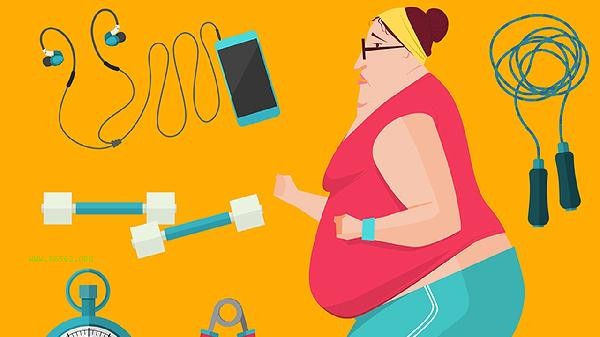During the weight loss period, the menstrual diet should balance nutrition and calorie control, with a focus on supplementing iron, protein, and dietary fiber, and avoiding raw, cold, and stimulating foods. The main principles include increasing the intake of high-speed rail foods, choosing high-quality protein, controlling refined sugar, supplementing vitamin B family, and maintaining a moderate calorie deficit.

1. Iron supplementation to prevent anemia:
The loss of iron during menstruation increases, and it is recommended to consume at least 20mg of iron per day. Animal iron absorption rate is relatively high, and it is advisable to choose lean beef, pig liver, duck blood, etc. in moderation; Plant derived iron sources such as black fungus and spinach need to be combined with vitamin C to promote absorption. Avoid drinking strong tea and coffee at the same time, which may affect iron absorption. Those with low hemoglobin can consult a doctor to supplement iron supplements.
2. High quality protein priority:
The daily protein intake should be maintained at 1.2-1.5g/kg body weight, and low-fat and high protein ingredients such as chicken breast, shrimp, tofu, etc. should be selected. Protein can prolong satiety, reduce muscle loss, and participate in hemoglobin synthesis. Whey protein powder can be used as a supplement, but it is necessary to control the daily addition of sugar to no more than 25g.
3. Control sugar and stabilize emotions:

Hormonal fluctuations during menstruation can easily trigger sugar cravings, and it is recommended to use low GI carbon water instead of refined sugar. Whole grains such as oats and brown rice can provide slow energy supply, combined with nuts to supplement magnesium and relieve anxiety. Strictly limit high sugar foods such as cakes and milk tea, as excessive fluctuations in blood sugar may worsen dysmenorrhea and edema symptoms.
4. Supplementing with B vitamins:
Vitamins B6 and B12 participate in hemoglobin synthesis, and B1 helps alleviate fatigue. Recommend consuming whole wheat bread, salmon, eggs, and other foods. The energy consumption during menstruation increases, and B vitamins can promote the metabolism of three major nutrients, avoiding a decrease in metabolic rate caused by dieting.
5. Moderate calorie management:
recommends maintaining a daily calorie deficit of 300-500kcal, as a calorie intake below 1200kcal may affect hormone secretion. Three days before menstruation, it is advisable to increase intake by 100-200kcal and choose foods with high nutrient density such as Greek yogurt and purple sweet potatoes. Reduce salt intake during the edema period and drink no less than 1.5L of water per day.

During menstrual weight loss, special attention should be paid to keeping warm and resting to avoid excessive exercise that can cause abnormal menstrual flow. You can engage in low-intensity activities such as yoga and walking, and ensure at least 7 hours of sleep per day. If symptoms such as severe dizziness and menstrual disorders occur, the weight loss plan should be suspended in a timely manner. After the cycle ends, normal dietary control can be gradually restored, and aerobic exercise can be combined to improve fat loss efficiency. Long term weight loss recommendations include recording menstrual cycle changes and adjusting plans in a timely manner to avoid affecting reproductive health.




Comments (0)
Leave a Comment
No comments yet
Be the first to share your thoughts!